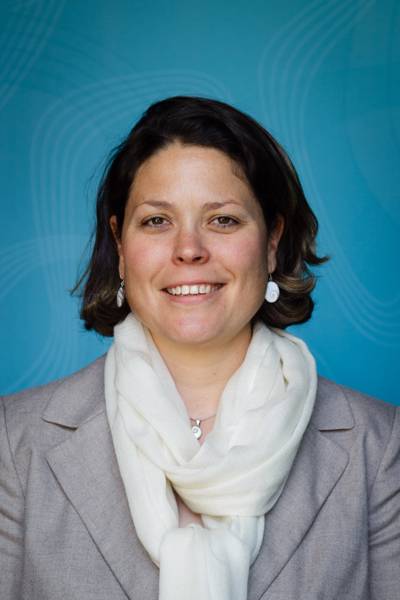With the establishment of the United Nations Framework Convention on Climate Change (UNFCCC) in 1992, developed countries committed to mobilizing $100 billion a year in publicly- and privately-sourced finance to assist developing countries in their societal response to climate change. Although this goal remains to be achieved, developing countries like Zambia have received a variety of international public funds for climate adaptation and mitigation purposes. How do recipient countries coordinate multiple funding sources in order to both achieve climate goals and avoid the duplication and waste that often plagues development aid? This paper looks at what helps or hinders successful climate finance coordination, offering key lessons about donor-recipient coordination at the national and local government levels.
Dupuy, Kendra; Pamela Towela Sambo; Mikkel Funder & Evans Chama (2019) Coordinating climate finance: Lessons from Zambia. PRIO Paper. Oslo: PRIO.








